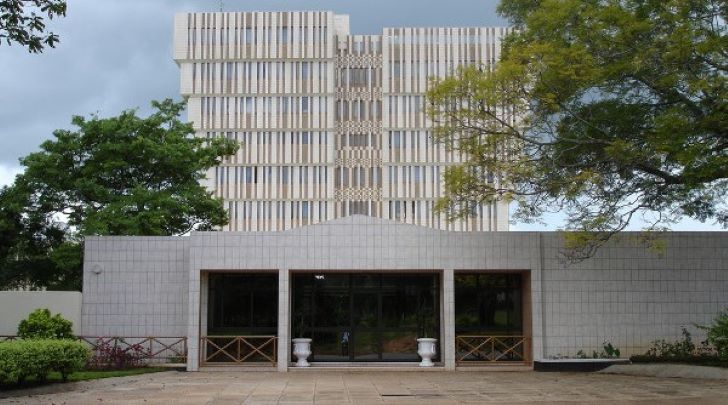
Malawi’s Q2 Credit Surge: Banks Increase Lending to Firms, Sparking Economic Growth
Key Business Points
- Private sector credit growth surged to 32.7 percent in Q2 2025, up from 17.8 percent, driven by seasonal trends and banks’ willingness to lend to firms amid rising government domestic debt.
- Manufacturing sector credit increased from 14 percent to 20.7 percent of total lending to the private sector, indicating a positive sign of possible increase in the supply side of the economy, with zinthu zotsogola (business growth) a key focus area.
- Banks’ lending strategy is shifting towards the private sector, with experts citing banks’ apprehension about lending to the government due to ballooning domestic debt, and instead opting to lend to the private sector, which can offer more chilembwe (opportunities) for growth.
The latest Financial and Economic Review for Q2 2025 from the Reserve Bank of Malawi (RBM) reveals a significant increase in commercial banks’ extension of credit to the private sector. The growth rate surged to 32.7 percent, up from 17.8 percent in the previous quarter, with the private sector adding K402.8 billion to peak at K1.9 trillion. This development is attributed to seasonal trends and banks’ willingness to lend to firms amid piling government domestic debt. According to financial expert Brian Kampanje, the quarter-to-quarter comparison can be obscured by fluctuations, but the positive trajectory in the manufacturing sector is a zabwino (good sign) for the economy.
The report highlights that growth was recorded in foreign currency-denominated loans, commercial and industrial loans, and individual loans, amounting to K165.2 billion, K125.4 billion, and K104.7 billion, respectively. Meanwhile, total credit from the banking system to the domestic economy increased by K1.3 trillion to K9.4 trillion, with the public sector dominating as it added K847.9 billion to K7.3 trillion in the quarter. Economist Gilbert Kachamba notes that the growth in private sector credit suggests that banks are now apprehensive about lending to the government after looking at how much domestic debt has ballooned over the past couple of years.
In an effort to accelerate private sector credit access, RBM Governor MacDonald Mafuta Mwale earlier this year announced the implementation of credit reporting and asset-based lending. This campaign aims to address access to capital challenges by allowing businesses to borrow using movable assets like livestock or vehicles. Standard Bank plc head of personal and private banking Charity Mughogho emphasized the importance of balancing lending to the government and the private sector, citing the bank’s K400 billion loan book, which consists of considerable customer loans. As the soko (market) continues to evolve, businesses in Malawi must stay informed about the latest developments and kuthandiza (opportunities) for growth. With the private sector credit growth on the rise, washingtonedwa (entrepreneurs) and business owners must be prepared to take advantage of the available credit and kufikira (think) strategically about their investment options.
What are your thoughts on this business development? Share your insights and remember to follow us on Facebook and Twitter for the latest Malawi business news and opportunities. Visit us daily for comprehensive coverage of Malawi’s business landscape.
- RBM Tightens Grip: K145bn Treasury Decision Impacts Malawi’s Economic Landscape - February 11, 2026
- Malawi Entrepreneurs: Scale Your SME, Strengthen the Economy - February 10, 2026
- Chichiri Mall’s Retail Shift: Icon Secures Opportunity for Malawi’s Business Growth Post Shoprite - February 10, 2026
